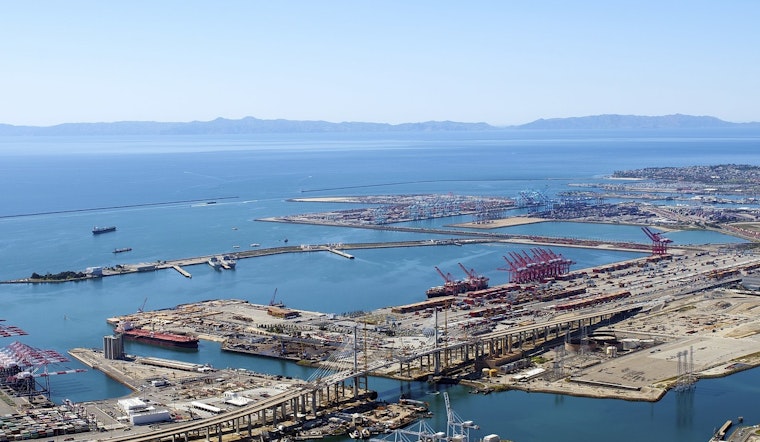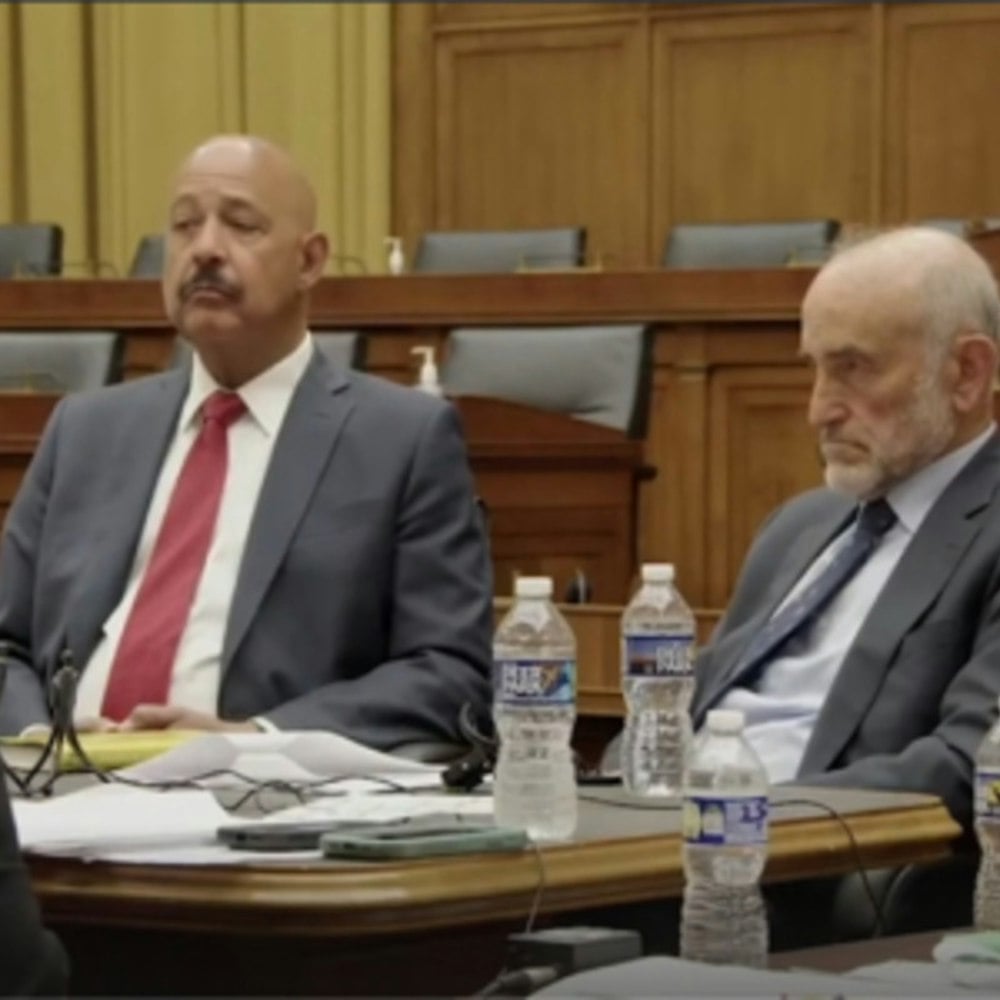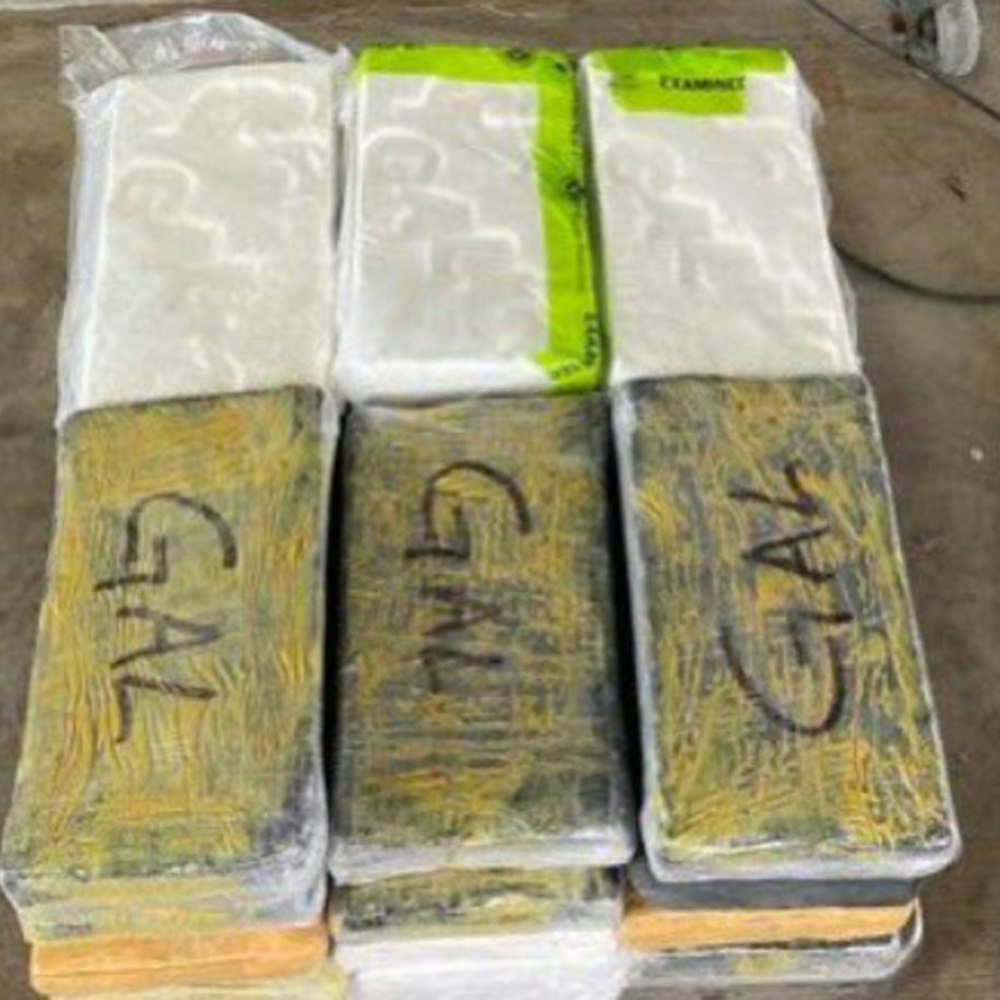
The Port of Long Beach is on track to a cleaner future with a hefty $44 million federal grant intended to bring down truck emissions at the bustling hub, a lifeline to the nation’s supply chain and a notorious source of local air pollution. In a statement issued by Los Angeles County Supervisor Janice Hahn, and reported by her office, she outlined that these combined efforts from the federal government reinforce the enduring belief that economic growth and environmental health are not mutually exclusive goals.
Specifically, the funding will be allocated to electrification initiatives, allowing for a reduction in the dependence on fossil fuels, and squarely supporting advancements in zero-emission technology. The Department of Transportation’s grants were divvied up between the Long Beach Container Terminal and WattEVER Inc., with the former receiving $34.8 million to broadly innovate and to electrify their operations. WattEVER Inc. snagged the remaining $9.1 million to further underpin the shift towards heavy-duty battery-electric trucks, according to coverage by the Long Beach Post.
This infusion of federal funds originated from the Bipartisan Infrastructure Law, a cornerstone of the Biden Administration’s strategy to combat emissions at major ports nation-wide. The commitment to this initiative was echoed by Port of Long Beach CEO Mario Cordero, who told the Long Beach Post that these newly secured funds will act as critical catalysts for meeting the ambitious 2035 zero-emission goal set by the port.
Strides previously made by the Port of Long Beach can already be quantified; their annual emissions inventory report highlighted a 91% plunge in diesel particulates since 2005, while nitrogen and sulfur oxides decreased by 63% and 97% respectively, despite a 36% spike in cargo volume. These figures are perhaps a harbinger of the port’s ability to meet, and potentially exceed, their environmental responsibilities without compromising their integral role in California's economy, which for too long has been clouded by some of the most severe air pollution in the country.
The move aligns with California's broader environmental strategy, a state where manufacturers are now mandated to gradually increase the sale of zero-emission trucks over the next decades. The dual triumph of ecological sustainability paired with economic growth appears not just an ideal, but an attainable reality for the residents and workers of the Harbor Area, alongside the stream of commerce that flows into and out of the Port of Long Beach.









